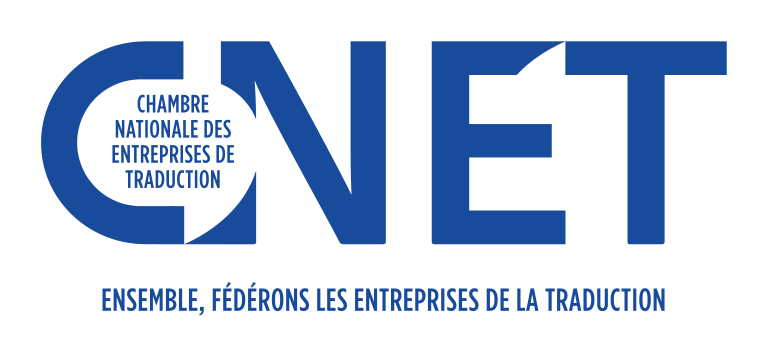Expanding into new international markets is a huge opportunity for businesses in the animal health industry, but it comes with its own set of challenges. From navigating strict regulatory environments to ensuring that your brand message resonates across different languages and cultures, the role of accurate translations cannot be overstated. Let’s explore how professional translations can be the key to unlocking global success for animal health companies.
1. Breaking Down Language Barriers in Regulatory Submissions
One of the biggest hurdles to entering new markets is obtaining regulatory approval. Each country has its own set of rules regarding marketing authorizations for veterinary products, clinical trials, and product efficacy. Regulatory agencies require precise and clear documentation in the local language, and even a small error can result in significant delays or rejections.
Why This Matters:
Accurate translations are critical to ensure that every detail of your regulatory submission is understood and accepted by local authorities. From marketing authorization dossiers to trial report summaries, translations must be precise, technical, and compliant with local standards.
Our Solution:
At Animal Health Translations, we provide sworn translations for regulatory submissions, ensuring your documents meet the highest standards for approval in new markets. Our translators are experts in animal health terminology and have deep knowledge of regulatory requirements.
2. Building Trust Through Multilingual Marketing
When entering a new market, one of the key ways to build trust with veterinarians, distributors, and animal health professionals is through consistent and culturally relevant marketing. Poorly translated marketing materials can damage your credibility, confuse potential clients, and result in lost opportunities.
Why This Matters:
Your marketing materials need to speak directly to your audience, in their language and with their cultural context in mind. Whether you’re promoting a new veterinary product or offering services to animal health clinics, your messaging must be clear, engaging, and culturally appropriate.
Our Solution:
We specialize in MarCom translations, delivering high-quality translations for digital content, product catalogues, and more. Our focus is on maintaining your brand voice while adapting the message to resonate with local markets.
3. Localizing Software for a Seamless User Experience
As technology continues to evolve, animal health companies are increasingly offering software solutions to veterinarians, researchers, and clinics. Whether it’s for managing patient data, accessing veterinary resources, or operating equipment, localized software ensures that users in different regions can easily interact with your platform.
Why This Matters:
A software interface that isn’t localized can confuse users, leading to poor adoption rates and negative user experiences. If the instructions or buttons don’t make sense in their language, users will struggle to utilize the product effectively.
Our Solution:
We provide software user interface translations, ensuring that your platform is intuitive and user-friendly across different languages. By localizing both the text and the design elements, we help you deliver a seamless experience to global users.
4. Training Your Global Workforce with Tailored Translations
The animal health industry relies heavily on training and education, whether it’s for staff members or clients. E-learning modules, instructional videos, and internal training documents must be effectively translated to ensure that your global workforce can access and understand the information they need.
Why This Matters:
Training content that is not localized can lead to misunderstandings, reduced efficiency, and even compliance issues. It’s crucial that employees across different regions receive training in a language they understand to maximize their performance.
Our Solution:
We offer tailored translations for online training content, including e-learning modules, video subtitles, and instructional documents. Our translations ensure that your global workforce receives the education and training they need, in their language, with no loss of clarity or accuracy.
5. Ensuring Confidentiality and Security in Translations
In the animal health industry, much of the content that requires translation is sensitive, from clinical trial results to proprietary product information. Ensuring the confidentiality of these documents during the translation process is crucial for protecting your business.
Why This Matters:
Data breaches or leaks of sensitive information can result in significant financial and reputational damage. It’s essential to work with a trusted translation partner that prioritizes confidentiality and data security.
Our Solution:
At Animal Health Translations, we implement strict confidentiality measures. All of our translators and staff adhere to non-disclosure agreements, and we use secure systems to manage your documents, ensuring that your data is fully protected throughout the translation process.
Conclusion: Translating for Global Growth in Animal Health
As companies in the animal health industry continue to expand their operations globally, accurate and professional translations are no longer optional—they are essential. From regulatory submissions to marketing materials and software localization, ensuring that your communications are clear, precise, and culturally appropriate can be the difference between success and failure in new markets.
At Animal Health Translations, we are dedicated to helping you navigate these challenges with expert language solutions tailored to the animal health industry. Whether you need sworn translations for regulatory approval or localized software for your international users, we are here to ensure that your global expansion is a success.
Ready to go global?
Contact us today to learn more about our services and how we can support your international growth.


